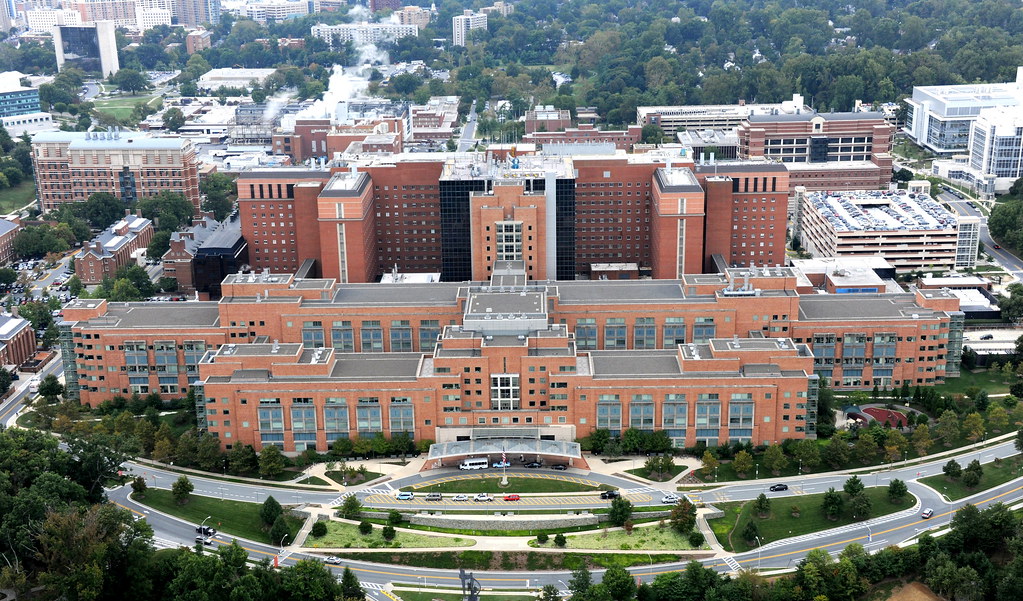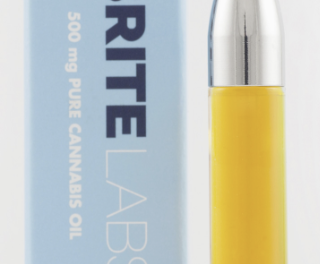Economist Dean Baker’s first impression of Elizabeth Warren’s transition plan for Medicare-for-All was favorable. He followed by a citing a NY Times piece by Margaret Sanger-Katz pointing out that the federal government can achieve huge savings —legally and simply— by ending patent monopolies on drugs it paid to develop. Baker wrote Nov. 17:
This is a really huge deal since the vast majority of drugs do include a government research component. Ending a patent monopoly will typically reduce the price of a drug by 90 percent or more. Drugs are almost invariably cheap to manufacture and distribute. Without government-granted patent monopolies, paying for prescription drugs would no longer be a major problem.
If the government were to go this route on a large scale, it would undoubtedly lead to a drop in research funded by the industry. Warren has proposed some additional public funding to make up a shortfall, although we are likely to need more than she has suggested.
However, a great advantage of publicly funded research is that it could all be fully open so that other researchers and clinicians would be able to benefit from it. Also, we would end the incentive to misrepresent the safety and effectiveness of drugs, substantially reducing the risk of another opioid-type crisis.
Baker’s readers on the Center for Economic Policy Research website added three more advantages of ending the drug companies’ patent monopolies:
Dwight Cramer: In addition to the benefits that you enumerate, the focus of the funded research could be directed at the issues and problems that are most pressing in terms of human welfare, rather than most likely to offer a superior financial return to Big Pharma. The idea that the Invisible Hand of the market place does any kind of an effective job in allocating resources in medical research is laughable and obscene.
Joe: Some portion of industry research dollars are spent developing tweaks on existing drugs in order to extend patent protection. Losing funding for that research is not a problem.
Bill H: Government participation could assure more open and valid testing of new products. There’s no real assurance that it would, but it could.





